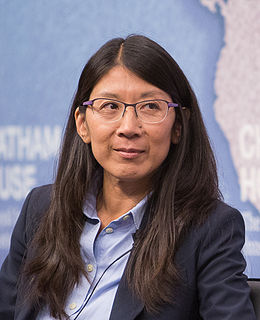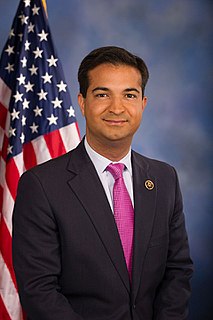A Quote by Ari Melber
Corporations, like nations, do not have friends. They have interests.
Quote Topics
Related Quotes
Many governments and corporations take no moral responsibility for the enslavement of migrant workers and freely do business with states built on the back of slave labour. Illicit financial flows and tax evasion are ignored in the interests of some nations and their corporations, stripping the tax base that is so vital for essential services.
The real difficulty is with the vast wealth and power in the hands of the few and the unscrupulous who represent or control capital. Hundreds of laws of Congress and the state legislatures are in the interest of these men and against the interests of workingmen. These need to be exposed and repealed. All laws on corporations, on taxation, on trusts, wills, descent, and the like, need examination and extensive change. This is a government of the people, by the people, and for the people no longer. It is a government of corporations, by corporations, and for corporations.
With unfailing consistency, U.S. intervention has been on the side of the rich and powerful of various nations at the expense of the poor and needy. Rather than strengthening democracies, U.S. leaders have overthrown numerous democratically elected governments or other populist regimes in dozens of countries ... whenever these nations give evidence of putting the interests of their people ahead of the interests of multinational corporate interests.
Nations are like people. Once you understand the interactions between nations, it's easy to understand why things are done, in terms of foreign policy, in a certain way. But nations are not like people in the sense that we are cumulatively represented by others - and their interpretations of what our interests are may not be the same as what they really are. And that's what's dangerous, even in a democracy.
We no longer live in a world of nations and ideologies. The world is a college of corporations, inexorably determined by the immutable bylaws of business...There is no America. There is no democracy. There is only IBM, and ITT, and AT&T, and DuPont, Dow, Union Carbide, and Exxon. Those are the nations of the world today.

































